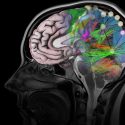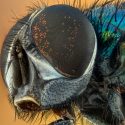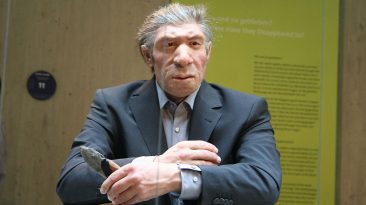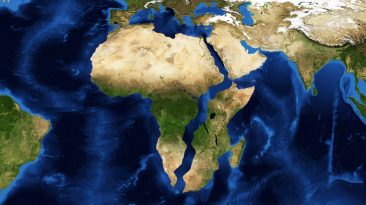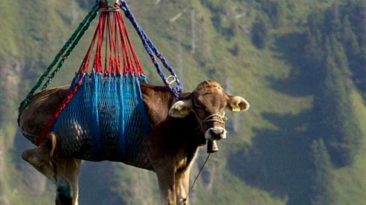Humans have many friends in the animal kingdom, but when it comes to crowning a best friend, dogs are the consensus pick.
These loyal creatures have stood, sat, and rolled over by our sides for generations. They are service providers, cultural icons, and valued family members. So what would the world look like without our trusted canine companions?
Would humanity have turned out differently? What innovations would we lose? And who would our replacement best friend be?
Dogs make a lot of obvious contributions to society. But some of their biggest contributions were made under-the-radar.
If humans never bonded with dogs, we’d likely miss out on some huge innovations, like the telephone or pasteurization. How did such an unlikely partnership drastically change the lives of both species forever?
When modern humans first migrated from Africa to Eurasia, they were in fierce competition to become the region’s alpha predators.
[dx_custom_adunit desktop_id=”RTK_CDE4″ mobile_id=”RTK_SUFd”]One of those competitors was a now-extinct wolf species that dogs descended from. Like us, these wolves had their sights set on bringing down bison, mammoths, and the other big game of the day.
But somewhere along the line, a funny thing happened: instead of trying to outhunt each other, groups of wolves and humans joined forces. Domestication had begun.
Over time, the partnership brought about massive evolutionary changes. The wolves’ features shrunk, their ears flopped, and their coats became splotchier. Their ferociousness diminished.
None of these evolutionary changes happen without domestication. So when you think about it, humans didn’t just pick a best friend, we created one.
But dogs have played a pretty significant role in shaping us as well. Interacting with dogs can greatly improve our mental, physical, and emotional health.
These interactions have been proven to raise levels of the “love hormone,” oxytocin, and lower levels of the “stress hormone,” cortisone, within the body.
On a larger scale, domestication redefined our capacity for managing fellow species. It kickstarted the Anthropocene and paved the way for everything from agriculture to fossil fuel extraction.
Would all of that have happened without our wolf and dog allies? Maybe sheep or goats, which came next in the order of domestication by humans, would serve as a stand-in for humanity’s best friend.
However, it’s tough to imagine telephone-inventor Alexander Graham Bell curling up with a sheep to study the relationship between sounds and vibrations the way he did with his Skye terrier.
Or that Louis Pasteur would have opened the research institute where his famous food preservation method was developed if he hadn’t risen to prominence studying and curing rabid dogs. Indigenous Americans might have had a better shot at fending off Spanish conquistadors from colonizing the continents if the Spaniards weren’t attacking with vicious bloodhounds at their disposal.
What other ripple effects in the universe can be traced back to the existence of dogs?
Subscribe to What-If on Youtube or follow the show on Facebook Watch.
Sources
- “A World Without Dogs: Just How Different Would It Be?”. 2016. K9 Magazine. Accessed March 1 2019.
- “How Accurate Is Alpha’s Theory Of Dog Domestication?”. Handwerk, Brian. 2018. Smithsonian. Accessed March 1 2019.
- “How Hunting With Wolves Helped Humans Outsmart The Neanderthals”. McKie, Robin. 2015. The Guardian. Accessed March 1 2019.
- “A New Origin Story For Dogs”. Yong, Ed. 2016. The Atlantic. Accessed March 1 2019.
- “HISTORY OF THE DOMESTICATION OF ANIMALS”. 2019. historyworld.net. Accessed March 1 2019.



